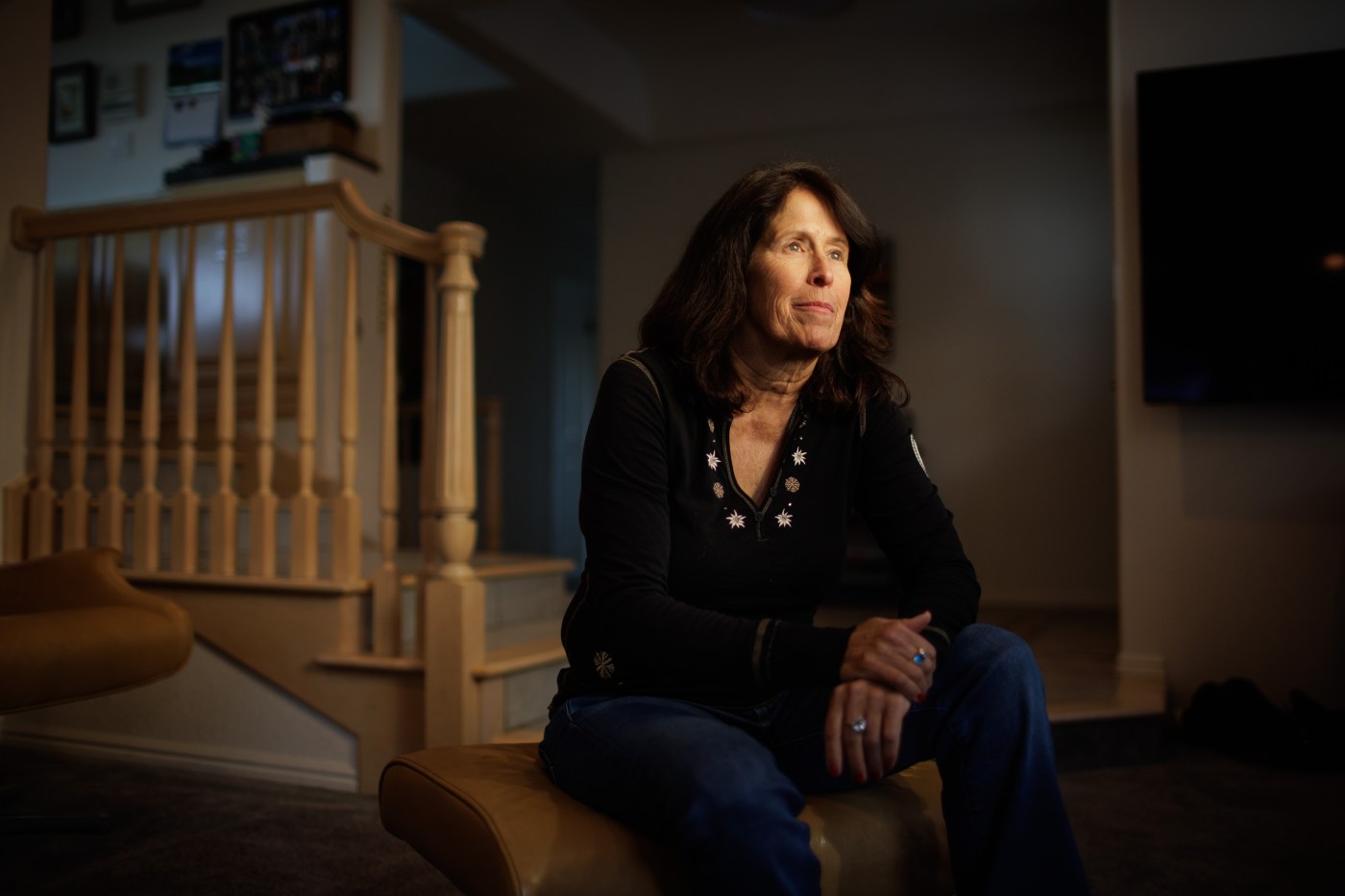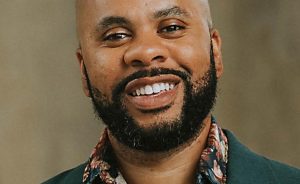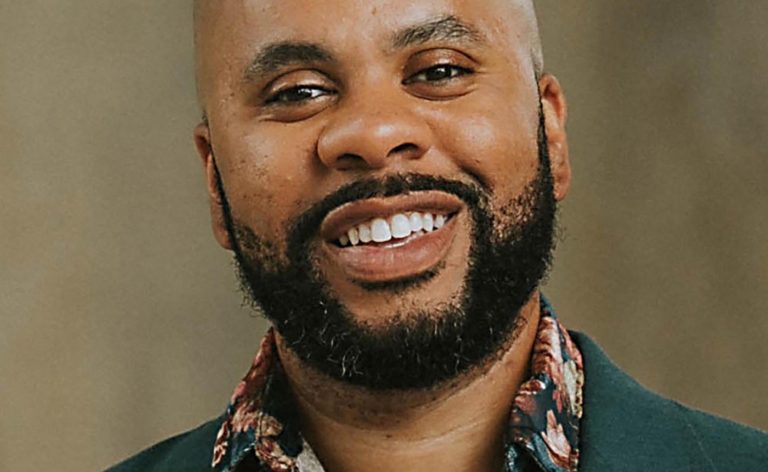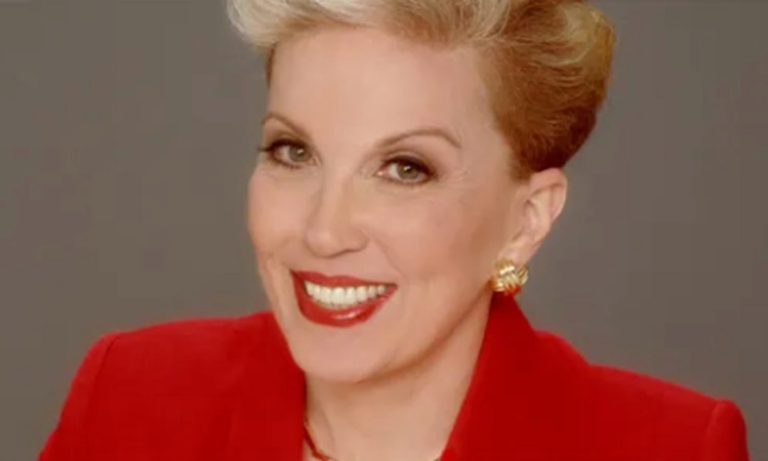SAN JOSE — The criminal court system that Molly O’Neal entered in 1990 as a fresh law school graduate in Santa Clara County has shifted considerably over the years, by her recollection.
“The three-strikes law passed shortly after, and the pendulum was definitely swinging toward mass incarceration,” O’Neal said on a recent afternoon in San Jose. “It was a difficult time to start off as a young public defender, and it was that way for the first 10, 12, 15 years of my career. People went to prison for minor offenses, mostly Black and brown people. And it was the norm.”
So she went to work representing underserved and indigent clients facing a system that can be labyrinthine and daunting to navigate — even for those armed with a law degree. As she moved up the ranks, she took note of a gradual evolution taking place in important positions.
“I saw the shift and the change,” O’Neal said. “Gradually, there were more people of color appointed to the bench, and more former public defenders finally started to be appointed to the bench. And as that shift happened, we started to realize it wasn’t working to just stick everyone in jail.”
In 2012, O’Neal was appointed as the county’s chief public defender. She retired near the end of 2024 as the longest-serving head of the agency in Santa Clara County history.
One of her top assistants, Damon Silver, has succeeded her in an interim role, and both hope he can continue the mission O’Neal helped establish. A permanent appointment by the Board of Supervisors is expected later this year.
“The thing I’m really proudest of, besides individual cases where I felt like I made a difference in people’s lives, was that our office expanded out with the list of defense we have added — immigration attorneys, social workers, an early representation team, a post-conviction team,” O’Neal said.
She said the public is largely unaware of the broader role the department plays outside of the courtroom. “What most people don’t really appreciate is how public defense helps public safety, with our holistic defense model,” said O’Neal. “Now we don’t just manage one case. We instead look at what factors drove people into the system, and we’re addressing them all the way across the board, from mental illness to substance abuse.”
Silver expressed hope that O’Neal’s legacy will be carried forward, as attorneys in the office “commit to supporting (clients) prior to walking into a courtroom and all the way through, attacking past historic injustices they suffered.”
“Her heart and leadership permanently changed our office, and countless client lives, for the better,” Silver said. “I’m humbled and welcome the challenge of accepting the baton from Molly to advance our shared vision, rooted in recognizing the good in our clients and the value in investing in uplifting them.”
It’s not uncommon for district attorneys to maintain their adversarial relationships with public defenders beyond the legal sparring in court. O’Neal has argued vigorously in the courtroom against District Attorney Jeff Rosen, the only top prosecutor who has served during her tenure as chief defender.
But in an interview, Rosen expressed appreciation for O’Neal’s professional efforts.
“She was a strong and effective advocate for the public defender’s office,” Rosen said. “While we didn’t always see eye to eye about law and order issues — and I wouldn’t expect us to — even on issues we disagreed on, her disagreements and views were always expressed professionally, respectfully and about the issue. That didn’t prevent us from working together in areas where we had common interests.”
Rosen believes that their collegiality is borne in part from each of them having extensive experience working the daily grind in South Bay courtrooms: “We share a deep respect and value the importance of the criminal justice system, and the process of jury trials and negotiations between public defenders and prosecutors in resolving cases,” he said.
State Sen. Dave Cortese, who served on the county Board of Supervisors for most of O’Neal’s tenure, also lauded her work, which he said balanced large-scale priorities like securing a sufficient budget for her office with finding time to respond to his and community members’ questions.
“She always responded personally, always was hands-on to deal with it herself and deal with it appropriately, in a way that never left me feeling shortchanged, or a constituent out there feeling shortchanged,” Cortese said. “That’s really public service at all local levels. You have to practice diplomacy, the values you hold dear, fight for budget, and have to be responsive to the most menial concerns.
“She gets an A-plus grade in all four of those areas, based on my experience with her.”
O’Neal doesn’t typically draw attention to it, but she was the county’s first openly gay chief public defender, a distinction that she hopes will foster more inclusion. She cites Ken Yeager, the county’s first openly gay elected official — who served in several roles, including San Jose City Council member and county supervisor — as a role model during her own ascent.
Related Articles
Residents implore San Jose to add more non-police crisis response alternatives
Judge grants release for ex-49er Dana Stubblefield
Thieves arrested for stealing $44 worth of items from Saratoga CVS
San Jose eyes reforms to combat abandoned shopping cart problem
Lawsuit: Former students allege private Palo Alto school failed to protect them from abusive tutor
“We’re in California, we’re in Santa Clara County, and I personally have been treated very well,” O’Neal said. “I hope that me being in a position like this can be useful to other young LGBTQ lawyers coming up.”
Looking ahead, O’Neal says she hopes that the county continues to value the work of her now-former office, especially in a political and policy atmosphere that stands to heavily impact the immigrant and indigent populations she spent her career supporting.
“At a time when you have public policy changing, and there’s almost a blood thirst for sweeping the streets of the homeless, so people don’t have to look at them, the public defender is positioned to say, ‘Hold up. Is that really going to solve the problem? Isn’t there a better way?’ ” she said.
“We all want the same thing. We all want people to be cared for and get the services they need, but sticking them in jail has never been the right answer. And so we’re the voice for that, and we do it one at a time, and we also do it at the policy tables.
“There are other ways to address the problems people want to use mass incarceration to solve: better housing, better programs, better substance abuse services. They’re expensive, but they work. And that’s what we have to push for.”












